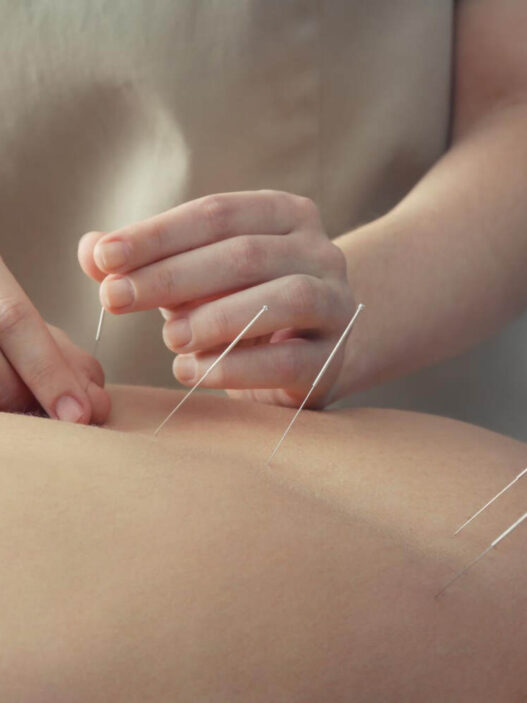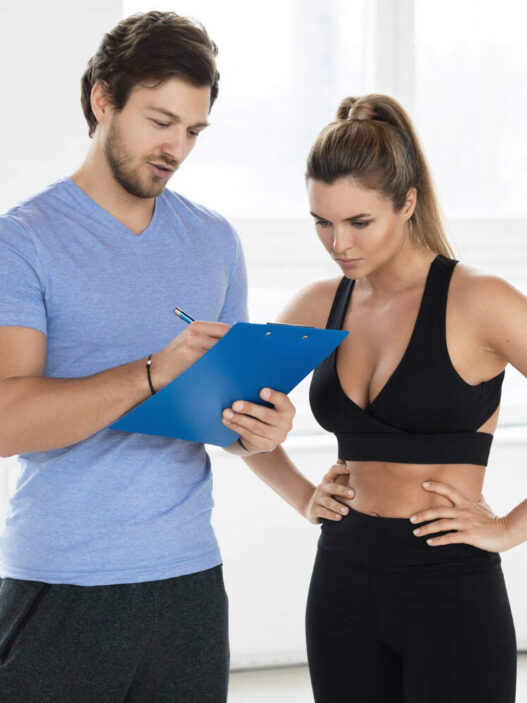How to boost your brainpower by walking? How to add more movement to an already stuffed day? Here are the 5 tips!
It’s accessible, needs no special equipment, and can be done just about anywhere…..What am I talking about?
It’s A Humble Walk!
In this article, I will give you insight into how walking can improve your creativity and problem-solving abilities and then share some tips to help integrate more movement into your busy day. These tips will not just boost your brain but also save you time!
Why do I care about getting you moving?
I’m Kelly, and while I now embrace exercise and LOVE sharing the joy and genuine benefits that come from walking and running, that certainly wasn’t always the case.
My love affair with movement started in 2006 after nearly three decades of hating anything that resembled sport, being last picked for games, and doing everything possible to avoid the school’s idea of preparing you for the world – cross country – in January – in the Highlands of Scotland!
By 2006 I still hated anything resembling exercise, but rather than a sport-shirking student, I was a stressed-out, self-employed single parent challenged by my daughter’s nursery teacher to take part in a 10k event for charity. Gillian had lost her mum to breast cancer the previous year and wanted to do something to say thank you to the local cancer care unit that had nursed her mum – I was quite literally backed into a corner, and well, it was a request that I couldn’t say no to!
The experience changed my life – I don’t mean that lightly.
As many before me have discovered, probably many of you reading this too – moving more doesn’t just have physical benefits. In addition to improving bone and heart health, the impact of exercise on the brain has been experienced, talked of, and written about by professional athletes, neuroscientists like Dr. Wendy Suzuki, and wellbeing professionals the world over.
For me, in training for the 10k, I was blown away by the resultant improvement in clarity around my business and personal life, increased creativity, energy, and good old head space awarded by being in motion, outside.
This triggered what is a passion for movement which in time led to the creation of an activity-based charity – The 5 x 50 Challenge.
Over its lifespan, the challenge raised over £250,000 and impacted the lives of thousands of people. The personal stories we were hearing from those involved, strengthened my belief that movement is magic, and in 2019, I decided to make movement my business by introducing busy people to both the business and personal benefits of moving more during the working day.
Starting with something available to most of us…
While running an ultra-marathon or lifting more than our body weight may not be accessible (or desired!) to all, one form of movement, in most cases, is – Walking.
It’s low impact, requires no special equipment and we can pretty much do it anywhere. It is quite simply – a Superpower.
When we walk, we establish a rhythm, a rhythm that our brain waves match and mirror. This in turn tunes us into more creative states and primes us to apply better, more creative solutions to problems post-walk.
There is a raft of evidence to support the claim that walking increases creativity, especially when tasked with coming up with a range of potential solutions. Free walking – walking with no real direction or purpose enables the brain to think divergently about challenges and generate multiple solutions (1).
Neuroscientists agree that moderate exercise increases the size of the hippocampus – the part of the brain responsible for memory – by increasing the level of BDNF (2). It is proposed that this can reduce our risk of developing dementia by up to 30%.
Further studies have shown that it’s never too late for your brain to benefit from walking. As neuroscientist Professor Shane O’Mara of Trinity College Dublin says…
“You only get old when you stop walking; you don’t stop walking when you get old.”
So how can we add more movement into an already stuffed day?
I do appreciate how challenging it can be to add more movement into your day even with the obvious benefits that walking brings in terms of increased creativity, improved memory, and general well-being. So here are some ideas to make walking work for you, your schedule, and your business.
1. Make Walking Time, Thinking Time
Write down something that is challenging you on a piece of paper. Fold it and put it in your pocket then go for a heart rate raising walk of at least 10 minutes. On your return, take out the piece of paper – you will have generated some solutions or experienced some insight to move you forward.
2. Make Meetings Walking Meetings
Short on time for that important meeting with a client or colleague but really need some exercise, why not combine the two?
Get others involved, share the love and save your time by making your meetings walking meetings.
Even if you can’t meet for a walk-in person, try walking in your area while having an old-fashioned phone call! It really attunes your listening skills, and the act of walking makes you much more likely to remember the conversation when you get back to base. On your return, you’ll find it easy to capture the key points and make quick notes. Try it for yourself!

3. Rehearse a Presentation or Go Over Study Points While Walking
You’ll need a walking route that you know like the back of your hand to rehearse a presentation or embed learning on the move.
Take a physical walk while reciting your talk, pitch, or study notes in your head, hanging key points on landmarks along the way.
Next time take the walk “in your head” you will be able to remember the key points. Your brain will attach these key points to the physical landmarks and only needs the trigger of the landmark on the route to help you retrieve the associated part of your presentation.
4. Listen to an Audiobook or Podcast
It’s far from a unique suggestion but listening to an audiobook or podcast while walking works in much the same way as the previous tip – you’ll remember more of the content for some time after a walk and the learning points will return to you when you next take the same walk.
5. Try Mindful or Gratitude Walking
Use your walk as time to give gratitude or be more mindful and boost the well-known brain benefits of these activities. To get you started, decide on a color theme for your walk and then really notice your surroundings and acknowledge everything you see in that color – plants, vehicles, front doors, jackets on other walkers.
As a gratitude starter for ten, work through the alphabet while out walking. Name something or someone you are grateful for every letter from A to Z – you might have to employ that increased creativity mentioned earlier for X!
These five walking tips are easy to implement, boost your creativity, and save time right now. But you’re also investing in your future self and taking steps to ensure that your brain health in later life is as good as it can be.
So, when are you going for a little walk?
Sources
- https://www.psychologytoday.com/gb/blog/creativity-you/201703/can-simple-walk-improve-your-creative-thinking
- https://www.ncbi.nlm.nih.gov/pmc/articles/PMC6135088/

Kelly is the founder of an Active Networking Community who considers herself very fortunate to “live life in lycra”. She is passionate about helping busy, overwhelmed small business owners find the time to fit movement into the working day by combining exercise with business development events.











